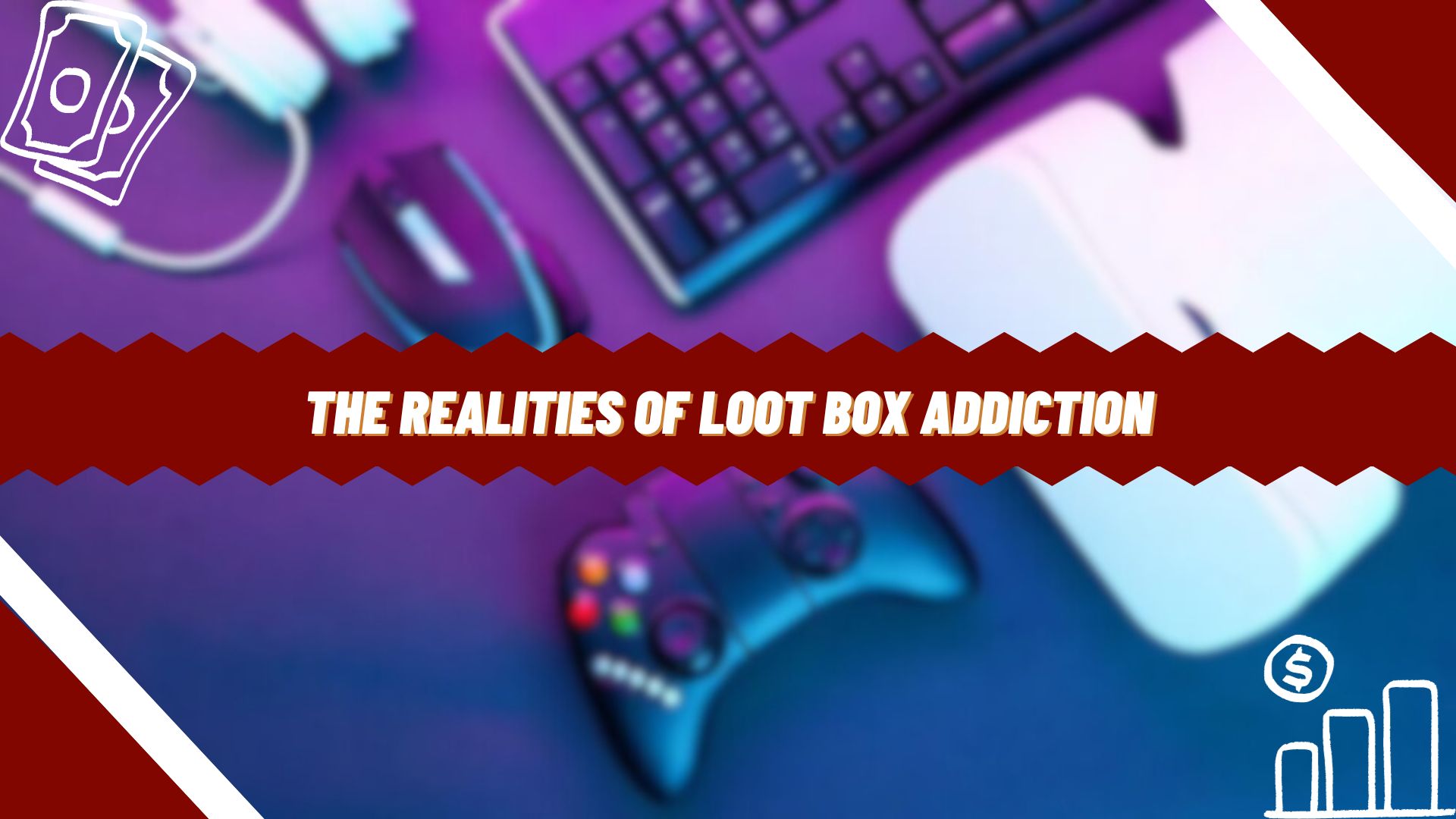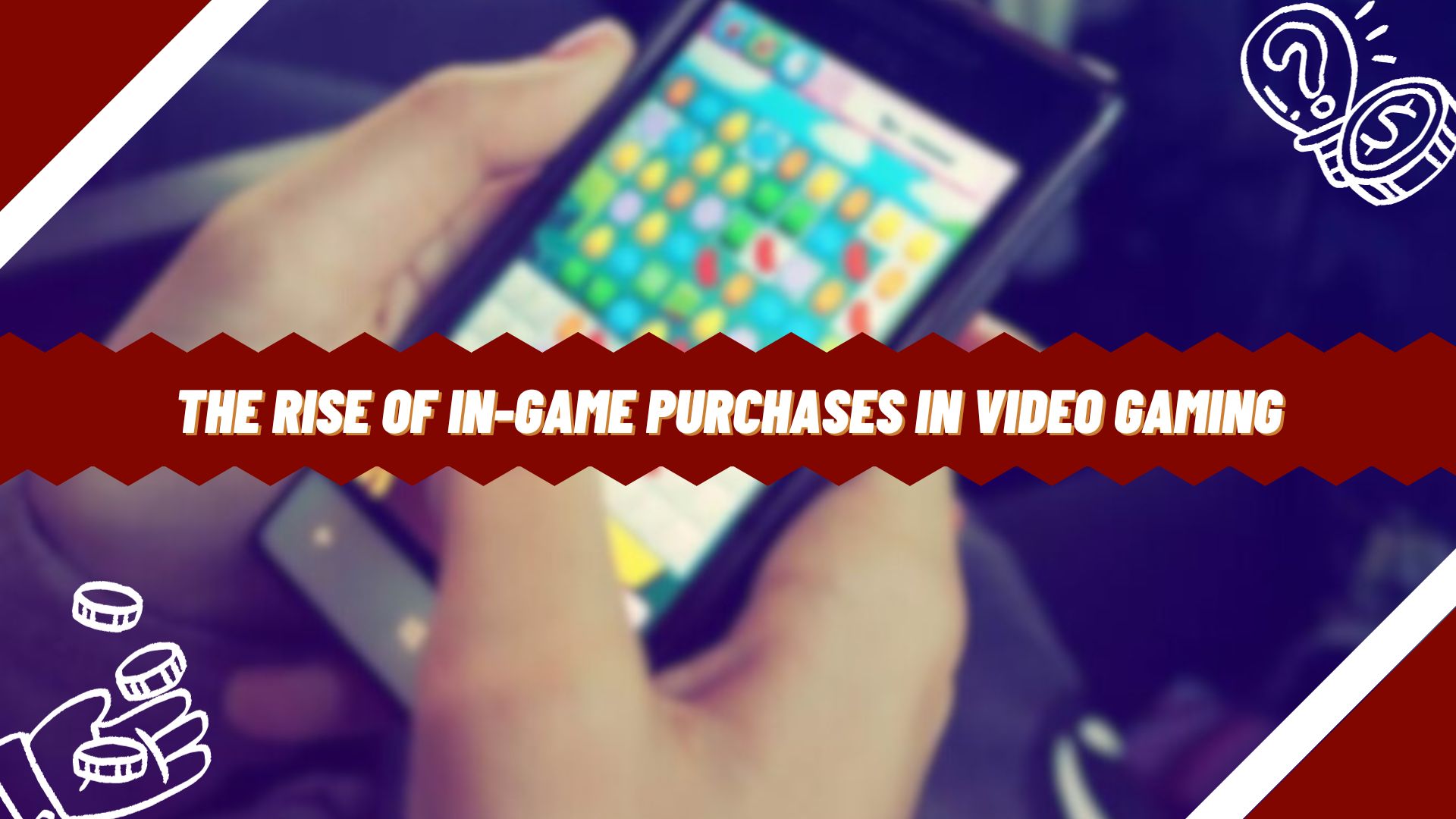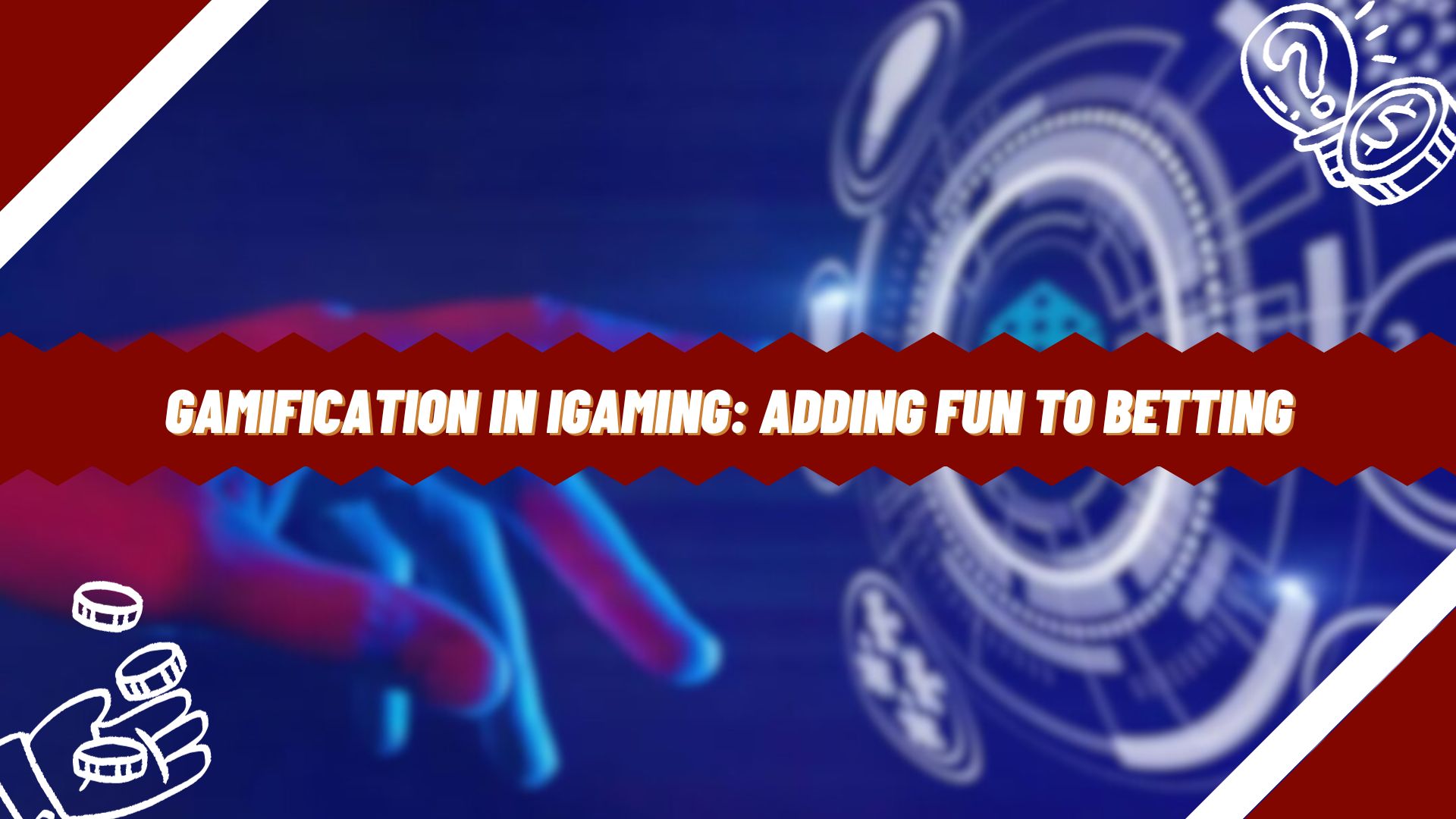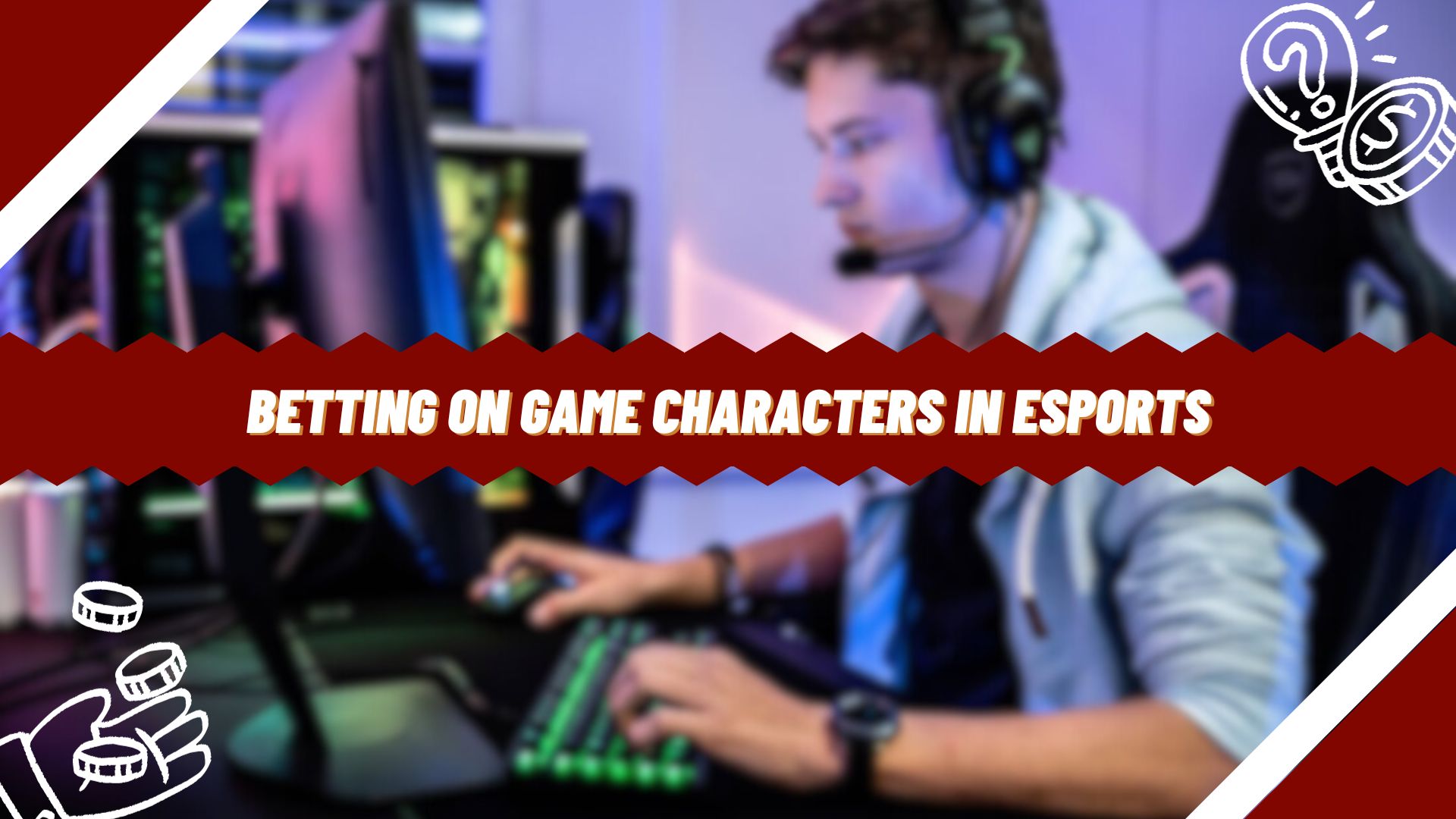In recent years, the video gaming industry has undergone a massive transformation with in-game purchases becoming the linchpin of its revenue model. In 2020, the global revenue from these purchases reached a staggering $128.6 billion, which accounted for a dominant 91% slice of the total gaming revenue.
Developers have increasingly turned to in-game monetization methods. A 2020 survey highlighted that 22% of game creators are leveraging paid in-game currency, 18% are offering paid DLC and updates, and 14% have implemented loot boxes as revenue streams.
When Video Gaming Meets Gambling
The gaming industry’s foray into in-game monetization has blurred the lines between gaming and gambling. Many titles have introduced elements that closely resemble gambling activities. These include:
| Video game | Gambling-like element | Description |
| FIFA | Card Packs | Players purchase packs for a chance to get top-rated players. |
| NBA 2K | Virtual Currency, Card Packs | In-game currency and card packs simulate betting experiences. |
| Counter-Strike 2 | Weapon Cases | Cases are opened with keys to reveal random skins, which can be traded for real money. |
| Overwatch | Loot Boxes | Boxes provide random rewards, akin to slot machines. |
| Star Wars Battlefront II | Loot Boxes | Initial gameplay progression tied to random loot box rewards. |
While concrete spending data is elusive, anecdotal evidence suggests that players’ monthly expenditures on loot boxes can range from $5 to $100, varying widely by game and player. This pay-for-probability model raises questions about the long-term implications for players and the gaming industry at large.
Understanding Skins Gambling
Skins gambling represents a niche yet rapidly evolving sector of online betting, where cosmetic items known as skins—used to alter the appearance of characters, weapons, or vehicles—become a currency in gambling. This practice unfolds as follows:
- Skins as stakes: Players use skins as tokens for betting, placing them on the outcomes of professional game matches or using them in games of chance, much like chips in a casino;
- Third-party platforms: The skins are traded on external sites, often without the direct authorization of the game’s developers, operating in a gray area of internet gambling;
- Market-driven value: The worth of skins fluctuates based on rarity and player demand, creating an economy akin to trading commodities or stocks.
A Closer Look at Loot Boxes in Video Games
Loot boxes have become an integral part of modern video gaming, attracting lots of player interest. These digital packages offer a random selection of items, which may impact gameplay or be purely cosmetic.
Read our article about eSports Betting.
The allure of loot boxes lies in their mystery and the chance of obtaining rare items, but this has significant repercussions. Research suggests that they may foster compulsive purchasing behaviors, lead to problematic gambling, induce psychological distress, and even diminish enjoyment of the game.
The Realities of Loot Box Addiction

Loot box mechanics have not only reshaped in-game economies but also raised alarms about potential addiction. Studies reveal that the psychological patterns triggered by loot boxes are analogous to gambling: the anticipation of opening a box releases dopamine, creating a feedback loop that can lead to addictive behavior.
Here is a list of risk groups particularly vulnerable to loot box addiction:
- Minors who may not have fully developed impulse control and are susceptible to the allure of random rewards.
- Individuals with a history of gambling problems who may find loot boxes trigger similar compulsive behaviors.
- Gamers who are driven to obtain every possible advantage, which may include exclusive items from loot boxes.
- Those who may use gaming and loot box purchases as a way to experience community or achievement.
- Individuals who may not feel immediate financial strain from purchases, potentially leading to unchecked spending.
- Persons with anxiety, depression, or other mental health issues might use gaming and loot box opening as an escape.
To combat this, various treatment and support options have emerged, including cognitive-behavioral therapy, which aims to disrupt and remodel the thought processes leading to addiction. Online resources, self-help groups, and parental control features also serve as vital tools to help individuals manage their in-game spending.
Global Reactions – Loot Boxes Regulations
The international response to loot boxes and their regulation varies widely, reflecting a mosaic of legal perspectives and consumer protection standards. Here is an overview of actions taken by different countries:
| Belgium | Banned the sale of loot boxes, classifying them as gambling. |
| Netherlands | Similar ban to Belgium, focusing on games where loot box items can be traded. |
| China | Requires disclosure of loot box odds and limits the number that can be purchased daily. |
| Japan | Introduced regulation for certain types of loot boxes, specifically “Kompu Gacha”. |
| South Korea | Requires odds disclosure for loot boxes and has strict underage gaming laws. |
| France | Determined that loot boxes are not legally gambling, but remain under scrutiny. |
| Germany | Passed legislation restricting loot box use to protect minors. |
Looking to the future, countries like the United States, Canada, Australia, New Zealand, and members of the European Union are actively discussing potential regulations. The conversations range from outright bans to requiring clear labeling and disclosure of odds, especially to protect minors and vulnerable groups from potential harm.
This dynamic legal landscape shows a growing recognition of the potential risks associated with loot boxes and a concerted effort to ensure fair play and consumer protection in the digital age.



